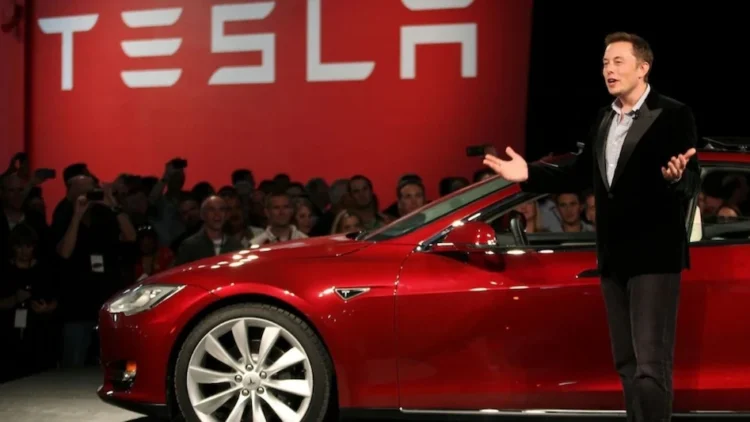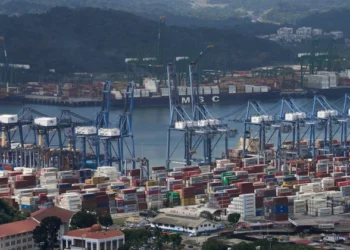Tesla is anticipated to first concentrate on its direct-to-consumer (D2C) sales strategy in India as the Indian government gets ready to implement its electric vehicle (EV) policy in April, which permits automakers to import automobiles at a 15% import charge. According to insiders who spoke to Business Today, the American automaker may start off by importing cars and selling them through company-owned dealerships before considering local production later.
With incentives including lower import taxes and support for domestic manufacturing, the planned Scheme for Promotion of Manufacturing of Electric Passenger Cars in India (SPMEPCI), which is anticipated to launch in April, aims to draw in international EV manufacturers. The initiative aims to establish India as a major centre for EV manufacturing.
By lowering import duties from 70% to 15% on up to 8,000 vehicles annually, the Scheme for Promotion of Manufacturing of Electric Passenger Cars in India (SPMEPCI) hopes to draw in foreign EV manufacturers, so long as they pledge to produce locally. Manufacturers must satisfy domestic value addition (DVA) criteria of 25% by the third year and 50% by the fifth year and invest at least ₹4,150 crore ($500 million) within three years, to be eligible. Furthermore, the development of charging infrastructure may get up to 5% of the agreed investment. The strategy makes India a central hub for EV production by permitting both brownfield and greenfield investments.
Also Read:
Crafting Bespoke Living Experience In Exquisite Locations With Glover Investments: Steven Glover
Fostering Business Growth And Helping Break Market Stagnation With AXIOM EXPERTS: Georges Nasr































































